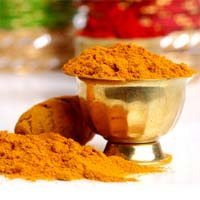Mesothelioma Cell Growth Slowed with New Gene Therapy
There’s new evidence that therapies that prevent cancer cells from forming new blood vessels may offer a better way to approach malignant pleural mesothelioma. Mesothelioma is the most deadly of several diseases caused by asbestos exposure, including lung cancer, asbestosis and pleural plaques. Most people who develop mesothelioma live less than a year after diagnosis. It is most common in people who have lived or worked around asbestos. Although the disease is resistant to most conventional cancer therapies, a new report published by doctors at the Hyogo College of Medicine in Japan and the University of Miami suggests that agents that prevent blood vessel growth, known as angiogenesis, may be more effective. To test the theory, they introduced angiostatin, endostatin…

